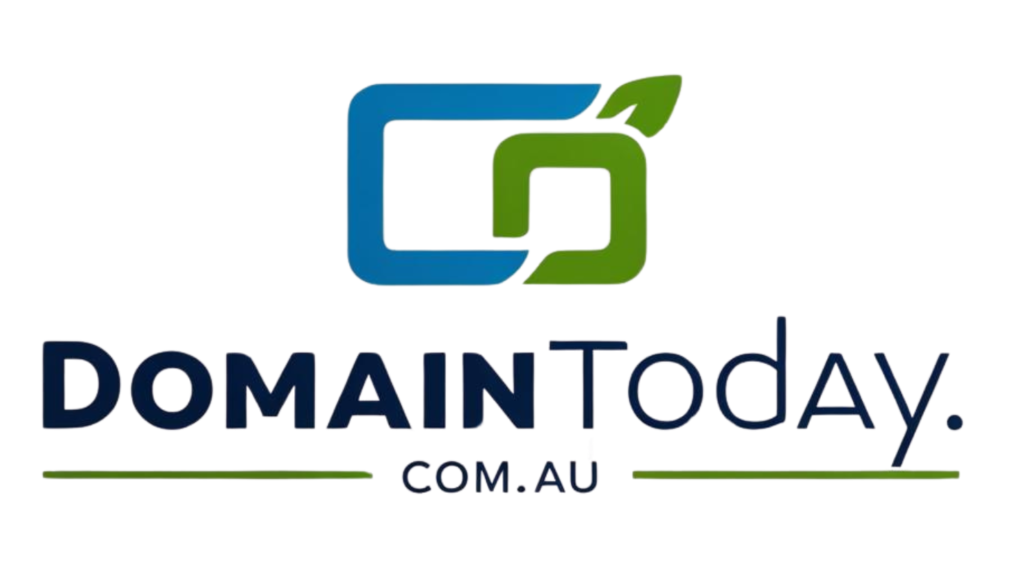A UK travel company, Cloud Travel, recently found itself in hot water as a Nominet Dispute Resolution Service panelist determined that the company attempted reverse domain name hijacking. The dispute stemmed from Cloud Travel’s pursuit of the domain CloudTravel.co.uk, which led to the registration of CloudTravelS.co.uk for its business after failing to acquire the former through negotiations.
In an attempt to secure the domain, Cloud Travel initially offered $500, falling short of the registrant’s $2,000 asking price. Subsequently, a higher offer of $1,000 was made before resorting to filing a cybersquatting complaint. The filing, described as chaotic and potentially AI-generated, raised eyebrows with its inconsistencies and lack of supporting exhibits.
While Cloud Travel argued potential confusion between its domain and the singular version, the panelist overseeing the case, Tony Willoughby, dismissed the claim as a strategic move to acquire the domain after unsuccessful commercial negotiations. This tactic, known as “Plan B” reverse domain name hijacking, involves leveraging cybersquatting disputes to force domain transfers following failed purchase attempts.
Instances of reverse domain name hijacking highlight the complexities and ethical considerations surrounding domain acquisitions and disputes. Such cases underscore the importance of transparent and fair practices in the domain industry, steering clear of aggressive tactics that may infringe on the rights of domain registrants.
Domain name disputes are not uncommon in the digital landscape, with companies often vying for valuable web addresses to bolster their online presence and brand recognition. The intricacies of domain ownership, coupled with evolving regulations and dispute resolution mechanisms, underscore the need for clear guidelines and ethical conduct in domain transactions.
As the digital economy continues to expand, issues related to domain ownership, cybersquatting, and reverse domain name hijacking are likely to remain prevalent. Navigating these challenges requires a nuanced understanding of domain governance and a commitment to fair play in online business practices.
Industry experts emphasize the significance of proactive domain management strategies to mitigate the risks of disputes and safeguard brand assets. By staying informed about domain regulations, maintaining clear communication with registrants, and adhering to ethical standards, companies can navigate the complex domain landscape with integrity and professionalism.
Ultimately, the Cloud Travel case serves as a cautionary tale for businesses seeking to acquire domains through questionable means. Upholding ethical standards, respecting domain ownership rights, and engaging in transparent negotiations are essential pillars of a sustainable and reputable online presence.
📰 Related Articles
- UDRP Case Reveals Reverse Domain Name Hijacking Dilemma
- Traveldream Collapse Exposes Risks of Unaccredited Travel Agents
- Skytree B.V. Accused of Reverse Domain Name Hijacking
- Jewelry Maker Eve Li Faces Reverse Domain Name Hijacking
- ITWAY’s Attempted Domain Acquisition Results in Reverse Hijacking Ruling






